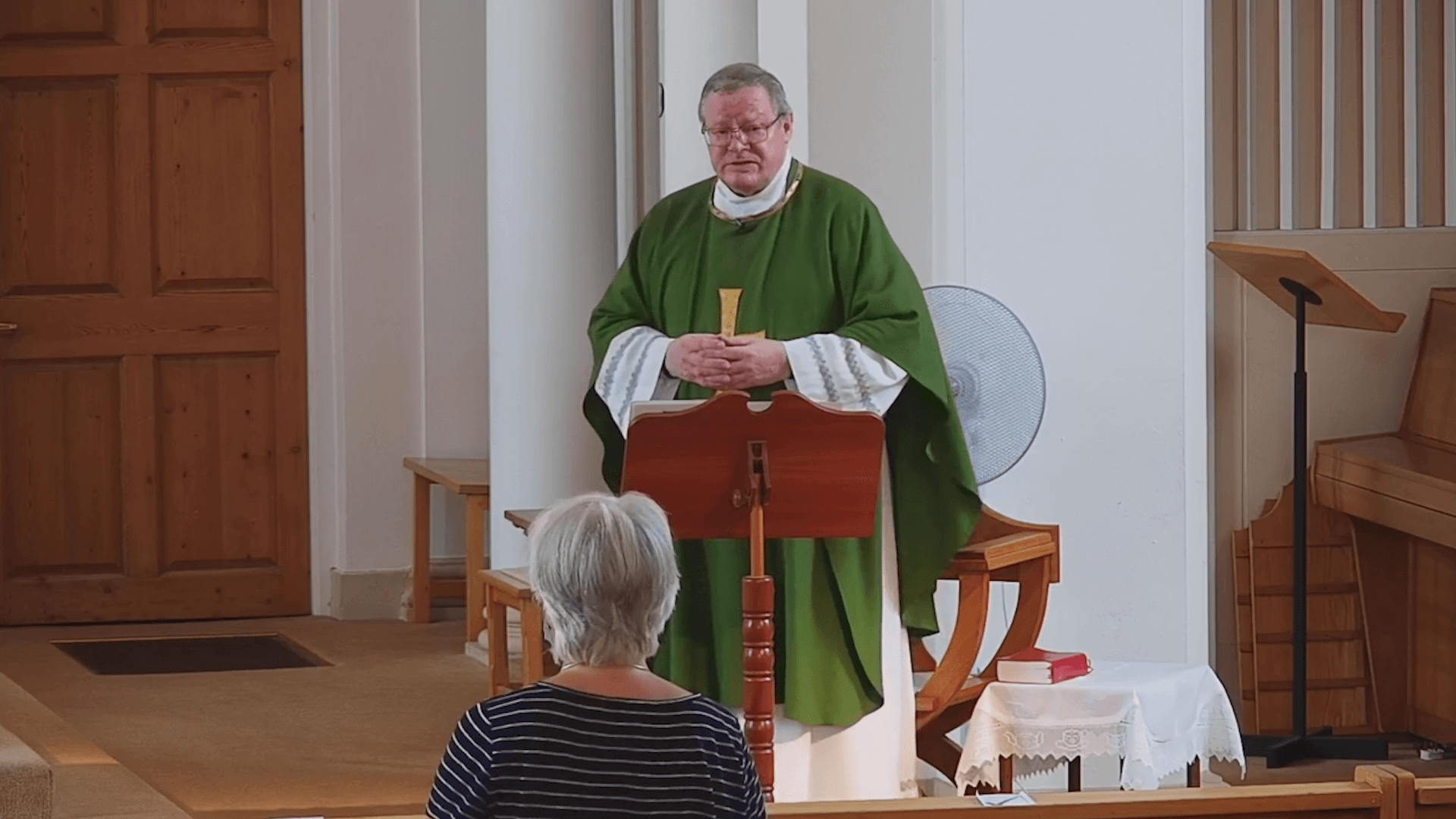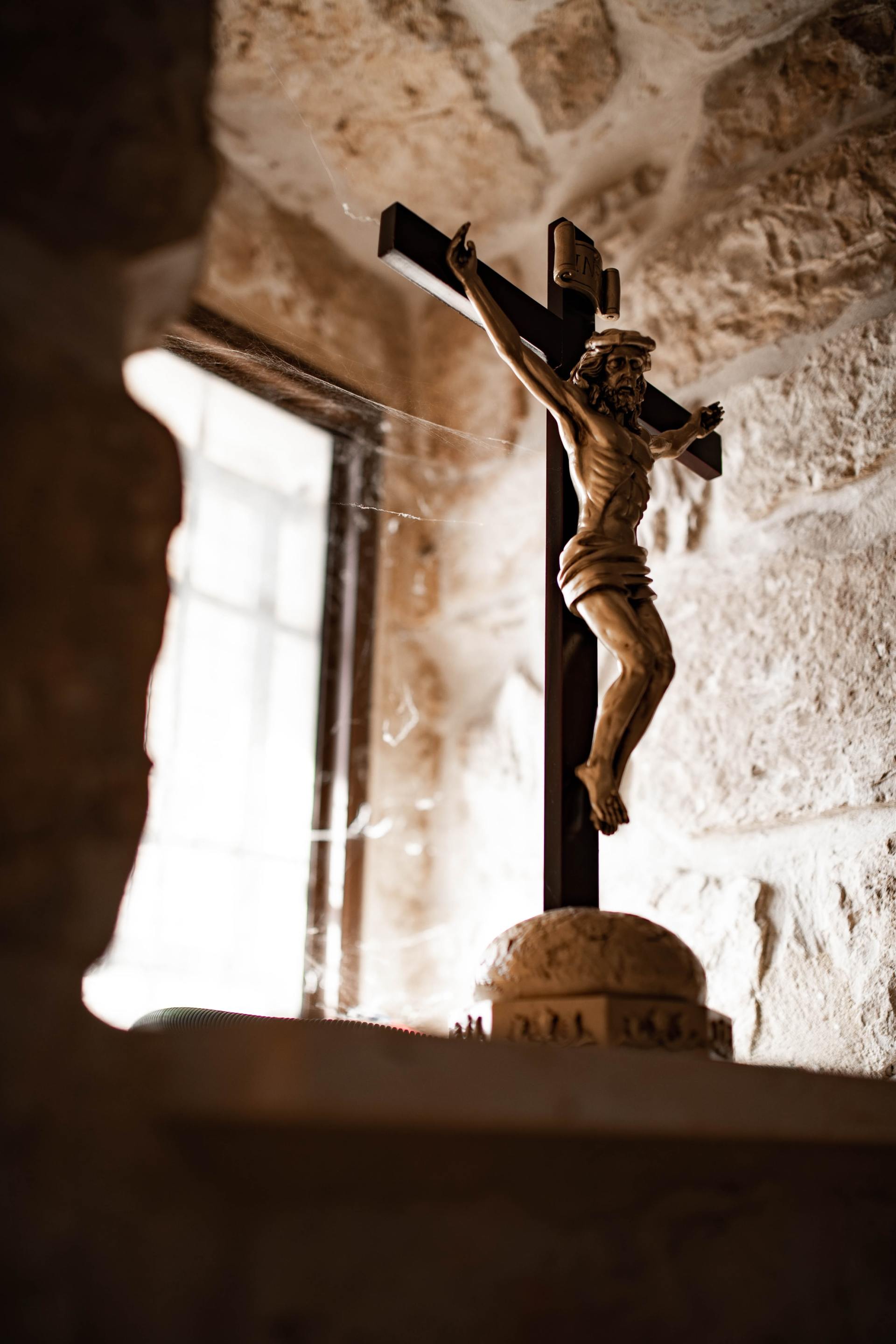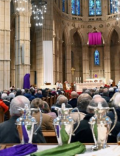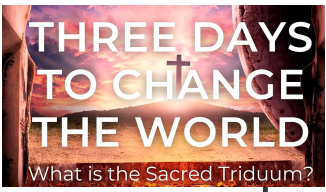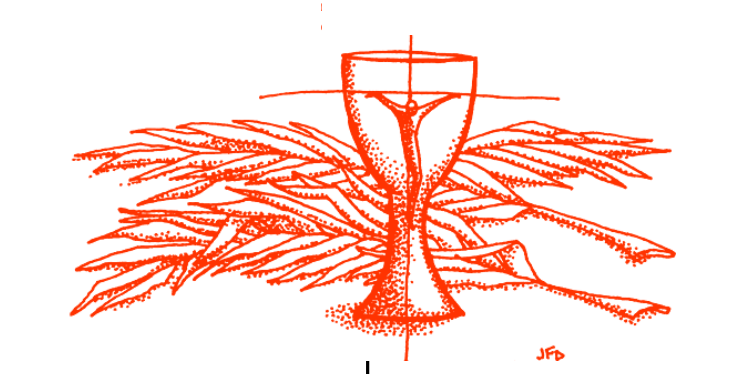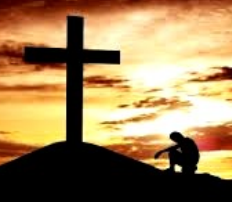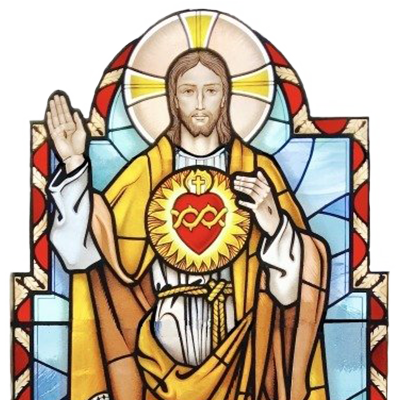5th September 2021
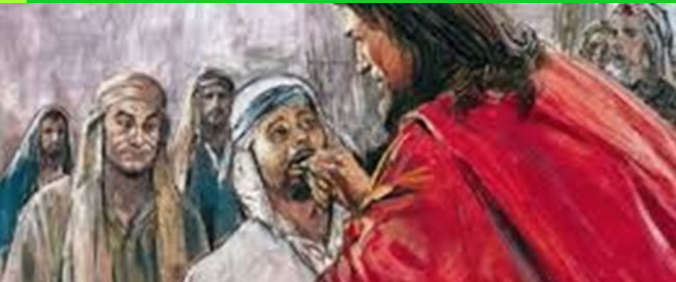
In our gospel this weekend, Jesus seems to make an involved and impractical journey into the Decapolis (‘ten cities’) that were previously under Jewish control but had become Gentile territory. Mark, however, is not concerned with geography but with announcing the boundary-breaking mission of Jesus, the Messiah for all nations. “They,” the anonymous crowds that we can presume are Gentiles, bring to Jesus a man who is deaf and has an impediment in his speech, two obviously related disabilities. First century Decapolis was not a world of computerised hearing aids or bionic ears, and in its predominately aural-oral culture a deaf person was at a severe disadvantage. So significant is hearing and speech to human relationships that, as we have heard in the first reading, the unsealing of the ears and the loosening of the tongue were considered by the prophets to be signs of the new, joyful, and healed creation that the Messiah would herald. In the Scriptures, deafness and speech impediments are not just of physical concern. They are also symbolic of disciples in any age or situation who are deaf to the word of God and mute or incoherent in their response to and proclamation of it.
Very likely, the man in Mark’s gospel had been the butt of jokes and unsympathetic mimicry as he stuttered his life away in his small, isolated world. Yet some of his acquaintances are compassionate enough to bring him to Jesus, begging Jesus to speak to the man in the only language he can understand - the language of touch. Jesus takes him away from the crowd, and even from his helpful companions. Perhaps this is because of Jesus’ delicate consideration for the man, lest the amazed babble of the crowd at his cure is too overwhelming as his first hearing experience, or perhaps it is to ensure that the first words the man hears are the words of the Word.
The actions of Jesus are unusual and described in detail. Instead of the simple taking by the hand or laying on of hands in the miracles he worked in Jewish territory, there are fingers in the man’s ears, touching of the man’s tongue with Jesus’ spittle, looking up to heaven, and sighing. Such actions resemble those of first century faith healers and seem to be an inculturation of Jesus’ miracle working in non-Jewish territory, a considerate translation into gestures that would have been familiar to a Gentile. Then Jesus speaks a single word: ‘Ephphatha!’ and speaks it in his Aramaic mother tongue. Mark courteously translates it for us: ‘Be opened!’ but the fact that he retained the Aramaic adds a note of privilege and respect to the human words of Jesus. It would not have been such an unintelligible word or some magical incantation in the Decapolis where many spoke a kind of Aramaic dialect. But it is more important that not only the deaf man hears this word, but that all who come to Jesus recognise this as the command to us of the most open One - open to God’s will, open to healing of the suffering of our brothers and sisters.
